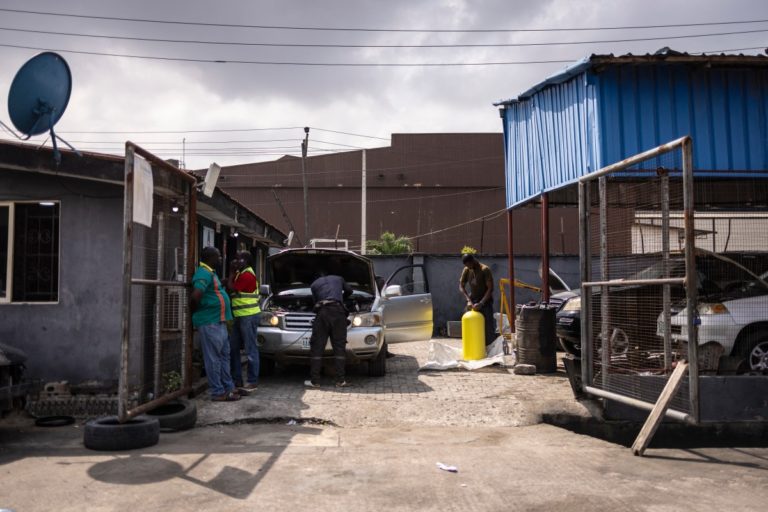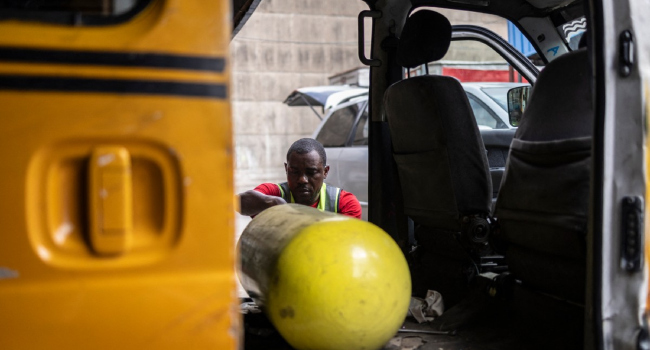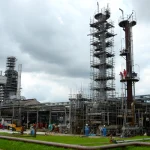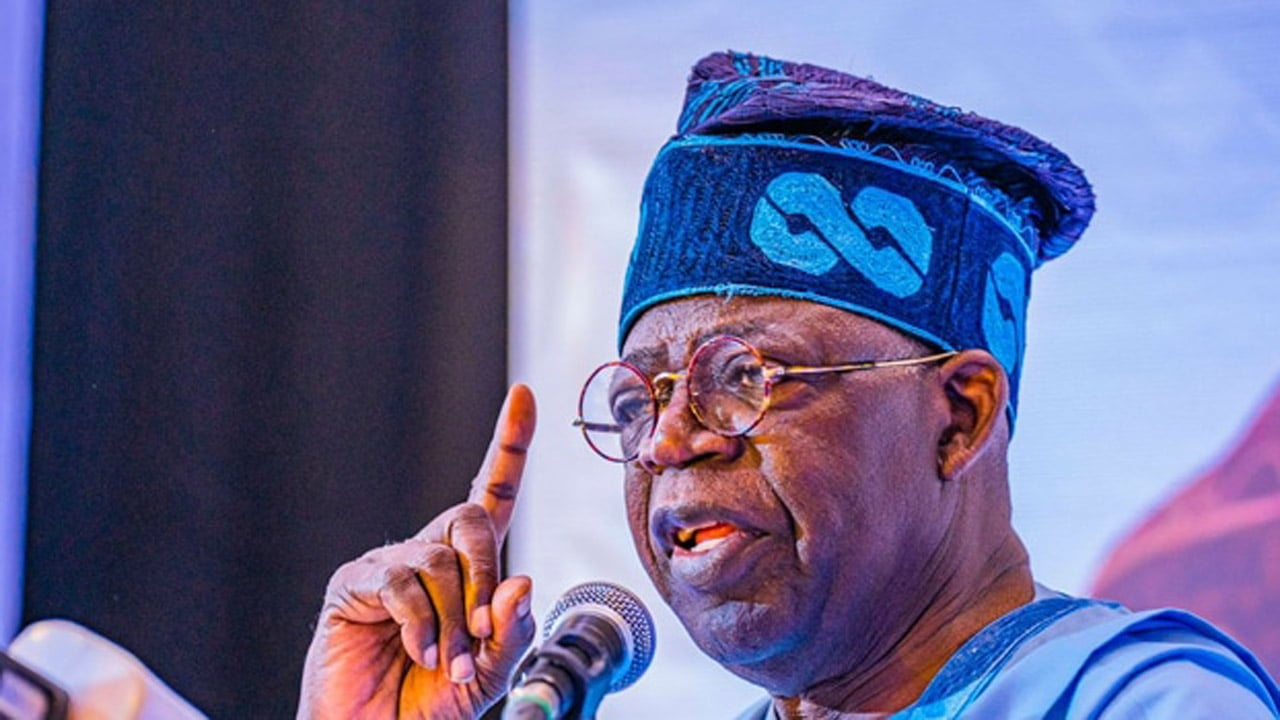Nigeria’s shift toward Compressed Natural Gas (CNG) is gaining traction, albeit slowly, as the government intensifies efforts to address fuel shortages and high energy costs. The Presidential Compressed Natural Gas Initiative (PCNGI), launched by President Bola Tinubu in September 2023, aims to drive widespread adoption of CNG as a cleaner, more affordable alternative to petrol and diesel.
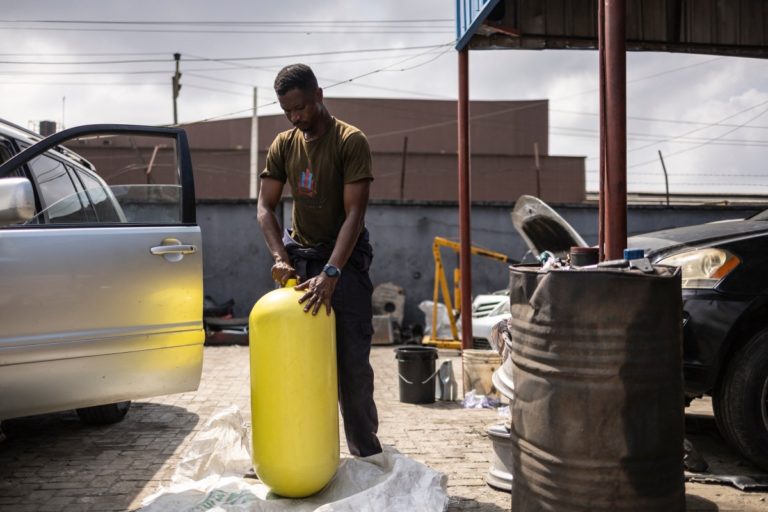
Mechanic Adebola Omotosho, an early adopter, highlights the financial benefits despite limited access to CNG stations. “I used to spend ₦75,000 weekly on petrol. With CNG, I now spend ₦12,000,” he told AFP. However, conversion costs remain a significant barrier, with private car owners required to pay about ₦1.3 million ($775) to switch to CNG.
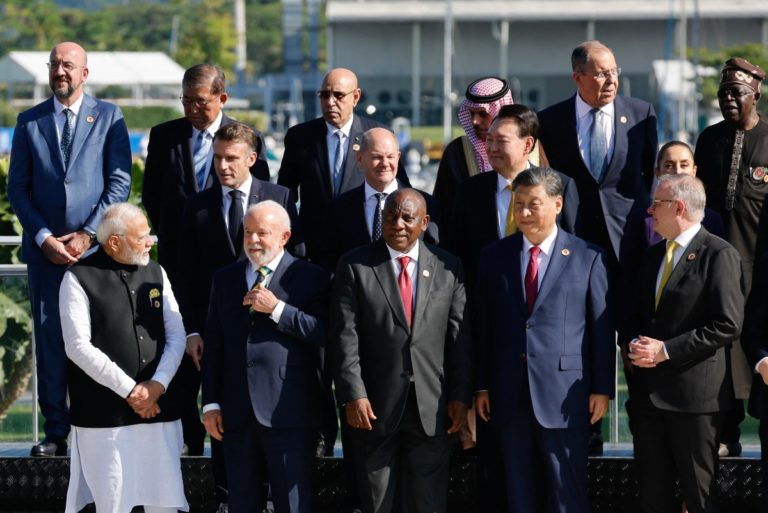
Government Ambitions and Challenges
The government plans to convert one million commercial vehicles to CNG by 2026, with 100,000 vehicles converted so far. To facilitate this, $200 million has already been invested, and 75 new CNG stations are under construction nationwide. However, the slow pace of conversions, safety concerns, and affordability issues threaten to derail the ambitious target.

Energy experts warn against unlicensed conversion centers, citing risks like the recent explosion in Edo State linked to uncertified CNG cylinders. Authorities have since pledged stricter compliance measures to restore public confidence.
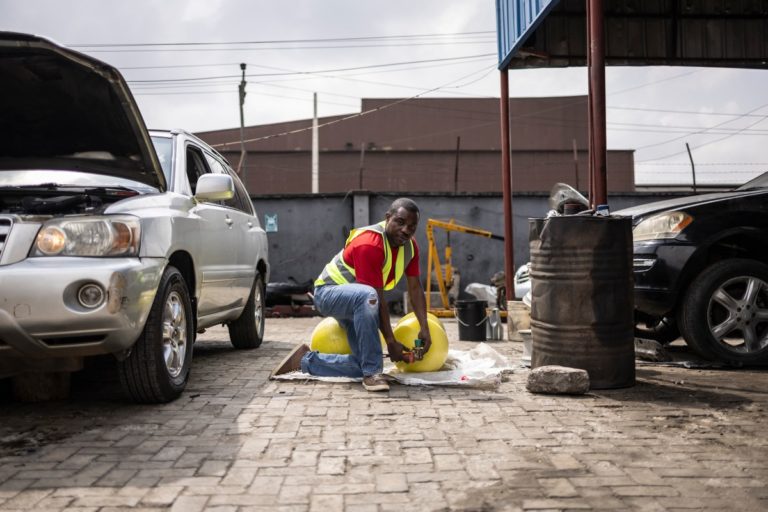
Environmental and Economic Impact
Proponents argue that mass CNG adoption could reduce greenhouse gas emissions, improve air quality, and lower vehicle maintenance costs. Chidalu Onyenso, CEO of Earthbond, emphasizes that while CNG adoption is a significant step, it should be part of a broader transition to sustainable energy.
